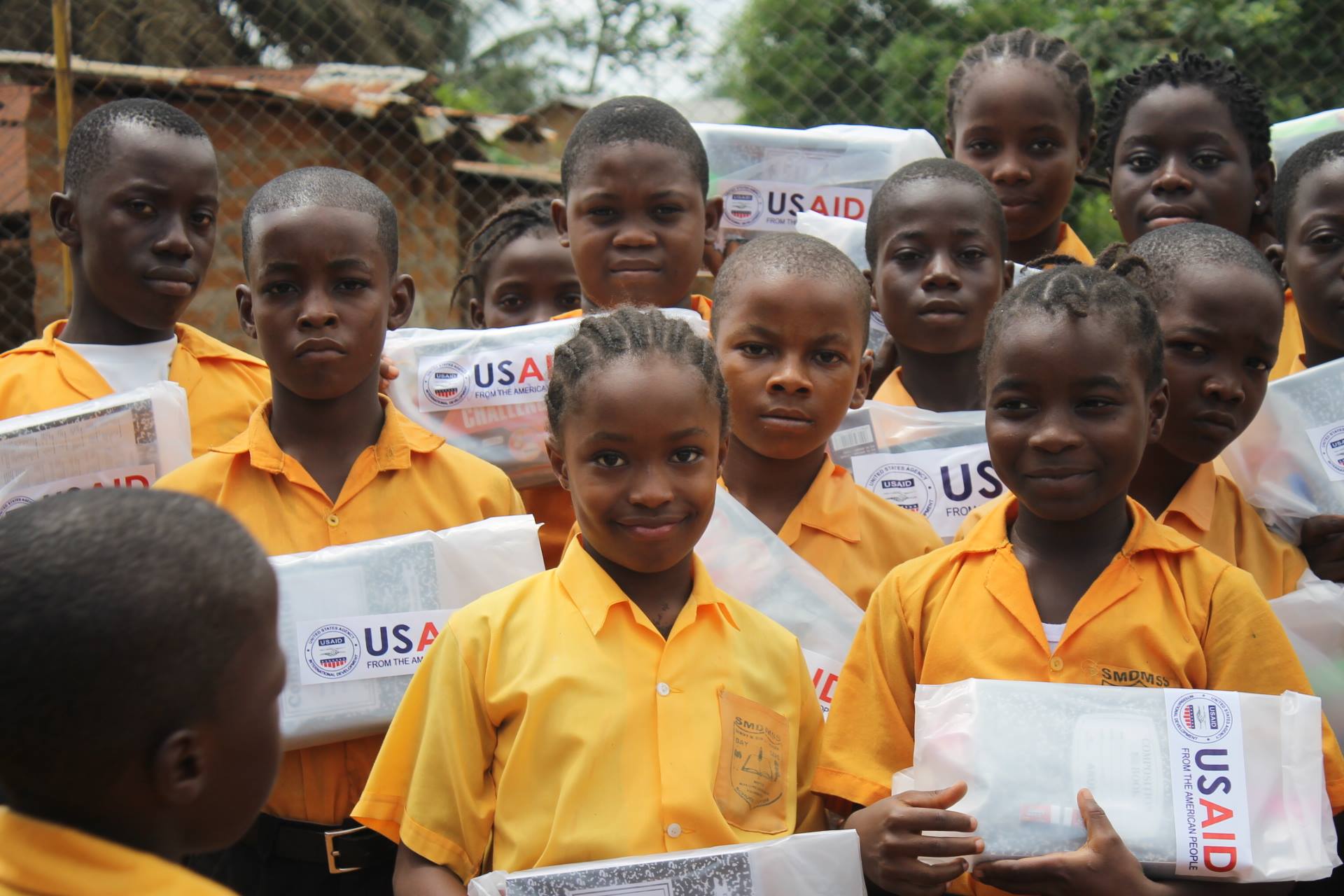
Introduction
This cross-sectoral youth assessment aims to capture the experiences, aspirations, challenges, and assets of Liberian youth ages 15-35. USAID/Liberia will use the data to inform their approach to working with youth, incorporating findings into their 2019-2023 Country Development and Cooperation Strategy. Assessment results are also intended to provide donors and development practitioners working in Liberia with information on youth’s journey from adolescence to adulthood.
The assessment was conducted during September-October 2018 and consisted of a desk review and field visit to six counties prioritized by USAID (Montserrado, Lofa, Grand Bassa, Bong, Nimba, and Margibi). The research team was made up of an international consultant, local consultant, and five youth researchers. During the field visit, the assessment team conducted 30 focus group discussions (FGDs) with 275 male and female youth ages 18-35; 12 focus group discussions (FGDs) with 96 local community stakeholders; and 38 interviews with 79 key informants (KIIs) from government, USAID, other donors, and international non-governmental organizations (NGOs).
The assessment answers three major sets of questions:
• What are the different youth cohorts in Liberia, broadly speaking, and how would they be characterized? Which youth are considered the most vulnerable and/or marginalized in Liberia?
• What are youth life goals and what are the factors that hinder them from achieving their goals? What are the youth’s biggest concerns and challenges? How do these goals and challenges diverge for different youth segments?
• What is working well to support youth in Liberia and enable them to actualize their civic and economic potential? In that regard, what do people perceive as specific strong opportunities for promoting private sector engagement in issues impacting youth, and how can the interests and capacities of youth be better aligned with the interests the private sector? What do people perceive as specific strong opportunities for advancing self-reliance (and how do Liberian youth envision the concept of their role in building self-reliance)?
The analysis uses a positive youth development lens to offer a snapshot of the youth experience across a number of sectors, including education and skills development, employment and entrepreneurship, agriculture, health, security, social engagement and civic participation.
Key Findings
Reflecting upon the priorities of youth, and the examples of what is working well in their communities, the assessment team identified eight opportunities, or programmatic gaps, with high potential to make a difference in the lives of Liberian youth.
- Increase youth earnings in the informal sector. There is a great unmet demand for programs that offer skills, assets, and supports for youth to obtain a stable source of income through self-employment in the informal sector. Youth highly value education and livelihoods as their top goals and priorities. Importantly, targeting rural areas, and the agriculture sector, is important for reaching a wide swathe of under-served youth.
- Grow Liberian micro, small, and medium-sized enterprises for youth employment. Another major programmatic gap is the need for “demand-side” interventions that promote the growth of Micro, Small, and Medium-Sized Enterprises (MSMEs), especially in the agriculture sector, resulting in job creation for youth.
- Increase youth's access to finance. Further investigation is also needed to identify ways to open up financing alternatives that support youth livelihoods. Some of the preliminary recommendations include: continue current efforts in savings mobilization and financial literacy, introduce flexible loan products and/or value chain financing for youth startups that “graduate” youth from grants, and expand agriculture financing to create downstream effects for youth, among others.
- Expand youth-friendly voluntary family planning. Although this assessment did not look deeply at youth reproductive health, lessons from previous projects demonstrate the effectiveness of innovative behavior change communications interventions that enlist youth to increase family planning awareness and utilization.
- Address the emerging substance abuse epidemic. Given the overwhelming numbers of youth describing the substance abuse problem in their communities, there is urgent need for the government of Liberia, donors, and implementing organizations to invest in action research on this topic.
- Apply positive youth development approaches within youth programs. A review of successful youth programs in Liberia indicate that cross-sectoral approaches are necessary for achieving desired outcomes among youth, as youth demand programs in Liberia that are more youth-driven.
- Be intentional while targeting youth segments. Programs should pay greater attention to vulnerable youth segments, particularly in rural areas.
- Establish a body for coordination. Although national policy is cited as being youth-inclusive, many key informants called for greater coordination around youth services.
